Quand Corinne et Hassan nous expliquent ce qui est arrivé à leur fille cadette, il était évident pour nous que nous allions partager leur histoire en espérant qu’elle soit lue par un maximum de personnes. A 3 mois, Layssa est emmenée en urgence à l’hôpital, elle souffre d’une bronchiolite sévère. Elle guérit après 10 jours de soins intensifs avant de rechuter suite à une complication qui prolongera son hospitalisation de 3 mois. 6 opérations plus tard, Layssa est tirée d’affaire et rentre enfin à la maison. Durant ces longs mois passés dans les différents services de l’hôpital, Corinne et Hassan ont eu le temps d’observer et de discuter avec le personnel soignant. Ils décident, quelques mois plus tard, de créer l’association A côté de toi pour soutenir les parents et améliorer la qualité de vie des enfants malades de l’unité des soins intensifs pédiatriques des HUG. Leur histoire est un vrai exemple de force, de courage et de résilience et nous allons tout faire pour qu’elle soit lue et partagée. Pour soutenir Corinne, Hassan mais aussi tous les parents qui traversent cette épreuve en ce moment, nous comptons sur vous pour publier cette interview sur vos réseaux sociaux et soutenir l’association et ses nombreuses formidables actions.

Pouvez-vous vous présenter en quelques mots ?
Je m’appelle Corinne, j’ai 36 ans, je suis co-fondatrice de l’association À côté de toi et je suis active dans plusieurs projets professionnels avec mon mari.
Je m’appelle Hassan, j’ai 34 ans, je suis aussi co-fondateur de l’association À côté de toi et je suis avocat au sein de l’étude PBM Avocats.
Nous sommes en couple depuis bientôt 12 ans et mariés depuis bientôt 6 ans. Nous sommes les parents de 2 petits rayons de soleil Layssa 2 ans et Aya 5 ans.
Votre famille s’agrandit en 2019 avec l’arrivée de Layssa. Comment se passe l’accouchement et la rencontre avec sa grande sœur ?
L’accouchement se passe très bien. Aya était très excitée de rencontrer sa petite sœur. Nous nous souvenons que dès les premiers jours, elle a été très protectrice envers elle. Peu de personnes était autorisées à la toucher ce qui nous attendrissait.
Un matin, alors que Layssa n’a que 3 mois, vous êtes inquiets car elle a du mal à respirer. Vous décidez de l’emmener à l’hôpital. Comment êtes-vous pris en charge et que vous disent les médecins ?
Les images qui nous reviennent sont floues et intenses en même temps. Donc, le 28 novembre 2019, après avoir fait écouter au téléphone la respiration de Layssa par l’assistante de son pédiatre, je (Corinne) contacte ma belle-mère afin qu’elle nous emmène en urgence à l’unité des soins intensifs pédiatriques des HUG, Hassan étant en réunion. Arrivées aux urgences, nous sommes installées dans une salle. Les médecins et les infirmières commencent à défiler sous mes yeux. Je tente de calmer et rassurer Layssa.
Quelques minutes plus tard, on nous déplace dans une autre salle. Je sens que c’est grave et qu’Hassan doit venir tout de suite. La salle me semble immense, Layssa pleure. Il y a beaucoup de monde. J’ai peur. Je scrute tous les regards pour comprendre ce qu’il se passe. Hassan arrive. Le médecin adjoint lui explique la situation. Je vois la peur dans ses yeux. Le médecin adjoint et toute l’équipe sont exceptionnels. Malgré la situation, ils restent calmes et tentent de nous rassurer.
On nous annonce qu’on doit monter à l’étage à l’unité des soins intensifs pédiatriques. Arrivés là-bas, Layssa est prise en charge immédiatement. La cheffe de clinique nous dit qu’ils vont essayer de lui administrer de l’oxygène et qu’elle espère éviter l’intubation. Nous sommes sonnés et perdus. Elle sera finalement intubée peu de temps après son admission.
Layssa souffre d’une bronchiolite sévère, voire d’une pneumonie.
Après plusieurs jours d’hospitalisation, vous pensez être sortis d’affaire, mais les choses se dégradent rapidement. Pourquoi ?
Le 24 décembre 2019, Layssa est finalement transférée en pédiatrie après 2 semaines d’intubation et 4 aux soins intensifs. Nous n’osons pas croire qu’elle est enfin guérie de sa bronchiolite et de sa sténose sous-glottique due aux intubations. Malheureusement, nous sentons que quelque chose ne va pas. Elle a du mal à prendre son biberon. Nous avons un mauvais pressentiment. Le 2 janvier 2020, nous demandons de réunir l’équipe ORL et les médecins.
Nous leur expliquons que cette situation ne peut plus durer et qu’il faut absolument que le Professeur vienne au plus vite. Ce dernier n’est pas présent, il est en vacances. On nous dit tout d’abord qu’il faudra attendre le lundi 6 janvier 2020. Je (Corinne) leur réponds que je refuse cette réponse et qu’ils doivent l’appeler immédiatement autrement je pars le rejoindre avec ma fille. Je me souviens d’avoir ressenti un énorme besoin de protection envers Layssa.
Finalement, le samedi 3 janvier 2020, Layssa repassera une 3e fois au bloc opératoire en l’espace de 5 semaines. L’équipe médicale constate le retour de la sténose, cette fois-ci cicatrisée, nécessitant son transfert immédiat au CHUV où une des équipes les plus spécialisées au monde l’opérera le 6 janvier 2020 grâce à une technique développée au CHUV et mondialement reconnue.
Arrivés au CHUV Layssa est tout de suite prise en charge aux soins intensifs, à nouveau. L’équipe médicale nous apprend que son cas est très critique et que l’on doit se préparer à une hospitalisation longue. Sa guérison pourrait prendre plusieurs mois voire plusieurs années. Nous sommes sous le choc.
En réalité, combien de temps et d’opérations seront nécessaires pour que Layssa soit tirée d’affaire ?
Environ 3 mois et 6 passages au bloc opératoire systématiquement sous anesthésie générale.
Aura-t-elle des séquelles plus tard de cette maladie ?
Il est important de souligner que Layssa était guérie de sa bronchiolite environ 10 jours après son admission aux soins intensifs. La complication qui a prolongée son hospitalisation est une sténose sous-glottique suite à un traumatisme lié à l’intubation. Layssa n’aura pas de séquelles plus tard cependant, nous avons entendu certains médecins nous dire qu’il faudra attendre ses 3 ans, d’autres la fin de sa croissance ou encore quand elle sera en mesure de courir un marathon pour en être certains.
Est-ce que la bronchiolite est une maladie infantile grave ? Comment l’éviter ?
La bronchiolite est une maladie qui peut très mal tourner entre 0 et 3 mois. Il y a quelques gestes barrières qui peuvent limiter le risque de contamination comme le port du masque lorsqu’on est, par exemple, enrhumé et qu’on s’occupe d’un nourrisson ou nettoyer régulièrement le nez du nourrisson lorsqu’il souffre d’une rhino-pharyngite.
Layssa n’a malheureusement pas eu de chance. Une grippe peut aussi très mal tourner chez un enfant. Il est vrai que c’est une maladie connue, mais pour une raison qui nous échappe il n’y a aucune campagne de prévention que ce soit de la part du département de la santé, des maternités ou des pédiatres.
Durant le séjour, êtes-vous soutenus émotionnellement ? Vous propose-t-on la visite d’un psychologue ?
Durant l’hospitalisation de Layssa, nous avons vu une psychologue aux soins intensifs avec qui nous avons eu peu d’affinités et une autre en pédiatrie avec qui Hassan a eu un bon échange. Nous avons été principalement soutenus par les infirmières et infirmiers d’une manière remarquable. Nous n’oublierons jamais les visages et les prénoms des personnes qui ont été présentes pour nous. Je dis toujours qu’ils ont été notre 2e famille durant cette période. Un grand merci à eux pour leur soutien.
D’un point de vue organisationnel et logistique, comment avez-vous géré ?
Une réorganisation radicale de la vie de la famille s’est imposée tout de suite, notamment concernant le travail et la garde de notre ainée. Nous avons mis en place un planning et un système de rotation pour pouvoir nous occuper à la fois de Layssa et d’Aya. Nous avons fait de notre mieux pout ne pas perturber Aya et changer ses habitudes. A tour de rôle, nous avons continué à dîner avec elle, lui raconter des histoires avant de dormir ou encore l’amener à l’école.
Travaillant tous les deux à l’époque pour la société familiale de la famille d’Hassan, nous avons eu la chance de pouvoir aménager notre temps de travail ce qui n’est pas le cas pour la plupart des parents. Nous avons rencontré des parents qui, en plus d’être au chevet de leur enfant, craignaient les conséquences dramatiques sur leur travail.
Il est important de souligner que depuis le 1er juillet 2021, les parents peuvent bénéficier jusqu’à 14 semaines de congés payés en cas d’hospitalisation de leur enfant.
Comment votre fille Aya, du haut de ses 3 ans, a-t-elle vécue cette situation ? Comment lui avez-vous expliqué ce qui arrivait à sa petite sœur ?
Dès le départ, nous lui avons expliqué la situation avec des mots d’enfants. Elle est aussi venue voir sa sœur aux soins intensifs sous les conseils des infirmières afin qu’elle puisse visualiser où se trouvait Layssa et non l’imaginer. Il y a eu bien sûr des hauts et des bas. Nous sommes bien conscients qu’elle a dû ressentir nos peurs et nos angoisses. Malgré tout, elle a aussi eu de beaux souvenirs comme notre escapade à Lausanne pour aller voir sa sœur. Son premier trajet en train !
Qu’est-ce qui a été le plus difficile pour vous pendant cette période ?
Cette période a été un vrai rollercoaster émotionnel. Nous sommes passés par des moments de soulagement et d’espoir mais aussi d’incertitude et peur de la mort. Tout notre corps physique et psychique en a pris un sacré coup.
Quel conseil ou message aimeriez-vous donner à des parents/familles dont leur enfant est en ce moment aux soins intensifs ?
Il est primordial de garder espoir et d’avoir confiance en la vie même quand on perd pied. Il faut se battre pour son enfant et ne rien lâcher. Il faut surtout ne pas oublier de s’accorder du temps, une pause qui nous ferait du bien pour pouvoir revenir encore plus fort au chevet de son enfant. On a le droit de s’écrouler pour pouvoir remonter encore plus haut. Je tiens à dire à tous les parents qu’on a beau faire le maximum pour nos enfants, nous ne pouvons pas tout contrôler même si c’est difficile à accepter.
Comment vont Layssa et Aya aujourd’hui ? Quelle est leur relation ?
Aya et Layssa vont très bien aujourd’hui. Nous avions très peur que Layssa soit affectée par son histoire, mais finalement elle reste une guerrière et dévore la vie à pleines dents. Concernant Aya, nous avons vécu une période un peu compliquée. Elle a vécu la maladie de sa sœur comme un abandon de notre part. Heureusement, nous avons appris à beaucoup communiquer et à mettre des mots sur les émotions.
Aujourd’hui, elles s’entendent à merveille. Aya a toujours tendance à protéger sa sœur et à veiller sur elle tandis que Layssa lui en fait voir de toutes les couleurs.
A la suite de cette douloureuse expérience, vous avez décidé de créer l’association À côté de toi une association pour soutenir les parents et les équipes des soins intensifs des HUG. Quelle est votre mission ? Quelles sont vos actions ?
Durant notre long séjour aux soins intensifs, nous avons eu le temps de beaucoup discuter avec le personnel soignant et d’observer. Nous avons très vite ressenti le besoin d’établir un monde d’ « après » l’hospitalisation de Layssa.
Après plusieurs mois de réflexion, nous décidons de nous lancer et de créer l’association À côté de toi. Cette dernière vient en aide aux nouveau-nés, enfants et adolescents hospitalisés aux soins intensifs, à leur famille ainsi qu’au personnel soignant. Nous sommes convaincus qu’en améliorant la qualité de vie des enfants malades, nous pouvons générer un impact positif direct sur les parents, la fratrie et le personnel soignant.
À travers nos actions que ce soit dans la qualité des soins, de la prise en charge ou du confort quotidien, nous leur apportons du confort, du bonheur et de la sérénité. Chaque action que nous menons contribue au bien-être de tous.
L’une d’elles est le projet pyjpyj. Pouvez-vous nous en dire plus ?
Nous avions pu constater de nombreux points négatifs quant aux vêtements donnés aux enfants. Ils étaient souvent inappropriés, notamment pour faire passer de nombreux câbles et tubulures ce qui engendraient un stress important alors que l’enfant a besoin de calme. Les vêtements sont aussi peu confortables et rêches et peuvent ainsi blesser la peau sensible des enfants.
Partant de ce constat et des besoins des enfants, nous avons décidé de renouveler les vêtements des petits patients de 0 à 16 ans en leur offrant des vêtements plus confortables aux couleurs gaies.
Pour ce projet, nous avons sélectionné la marque Petit Bateau comme fournisseur des vêtements et avons effectué une batterie de tests en partenariat avec les HUG afin de valider l’ensemble des modèles
Pour en savoir plus sur l’action pyjpyj ou pour faire un don, rendez-vous ici.


Quel est le prochain chapitre de l’aventure A côté de toi ?
Nous avons une longue liste de projets en tête pour améliorer la qualité des soins et la prise en charge ainsi que le confort quotidien des enfants malades, de leur famille et du personnel soignant. Cela passe par l’engagement de personnel dédié aux enfants malades pour égayer leurs journées comme des compteurs d’histoire ou encore des thérapeutes.
L’achat de coussins d’allaitement, des améliorations dans la salle de repos pour les parents (par exemple l’installation de machines à café) ou encore la mise à disposition de place de parking proche de l’hôpital pour des séjours de longues durées pour les parents. Et bien évidemment, nous espérons mettre en place ceci non pas uniquement à Genève mais partout en Suisse.
Notre plus grand challenge est de faire accepter nos idées dans le domaine hospitalier qui est connu pour être traditionnellement difficile d’accès et de mettre en œuvre coûte que coûte nos projets pour le bien des enfants.
Corinne & Hassan, que peut-on vous souhaiter de meilleur aujourd’hui pour demain ?
De ne pas oublier que, malgré ce passage douloureux, nous avons un très bel avenir devant nous.
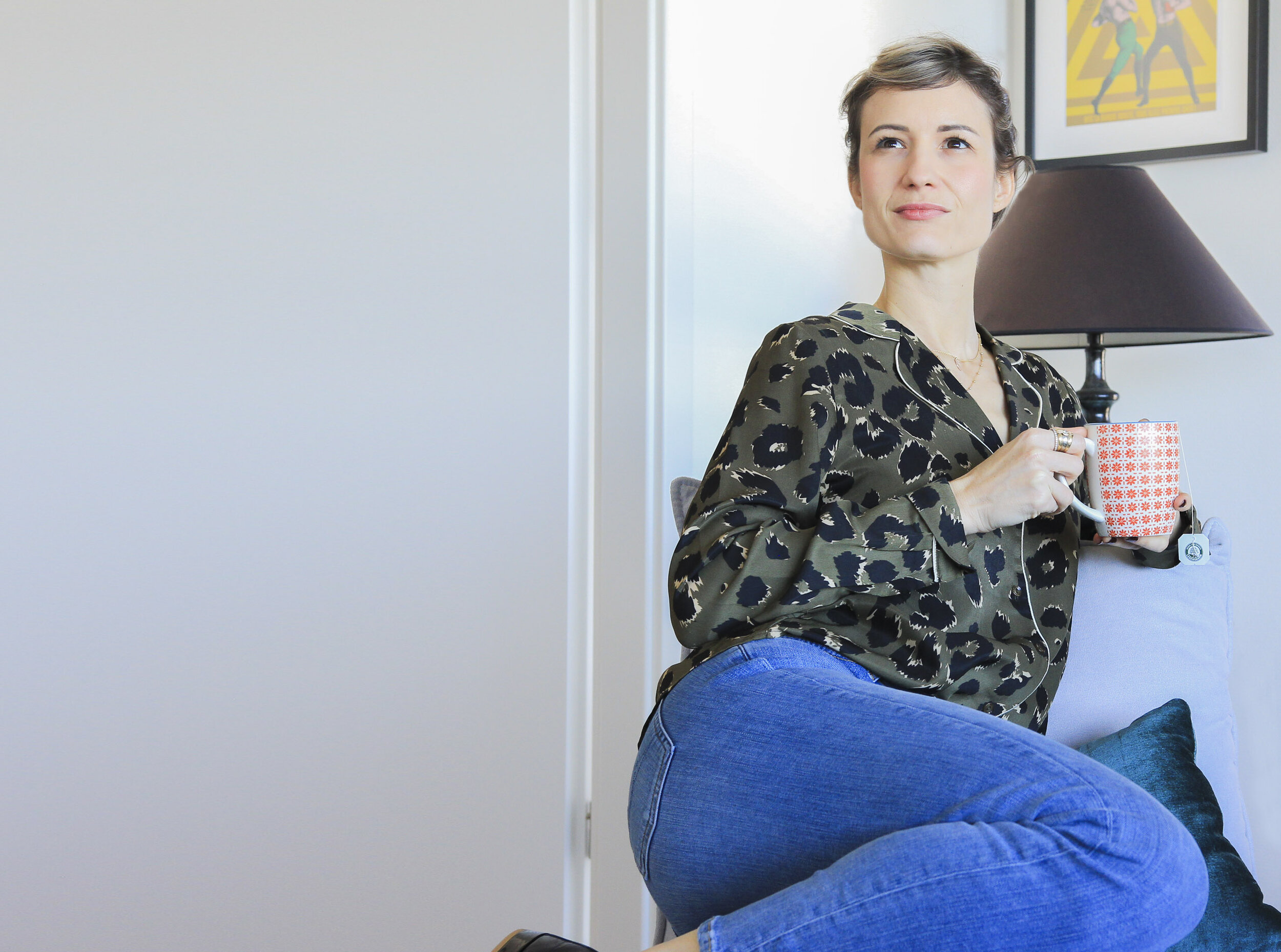
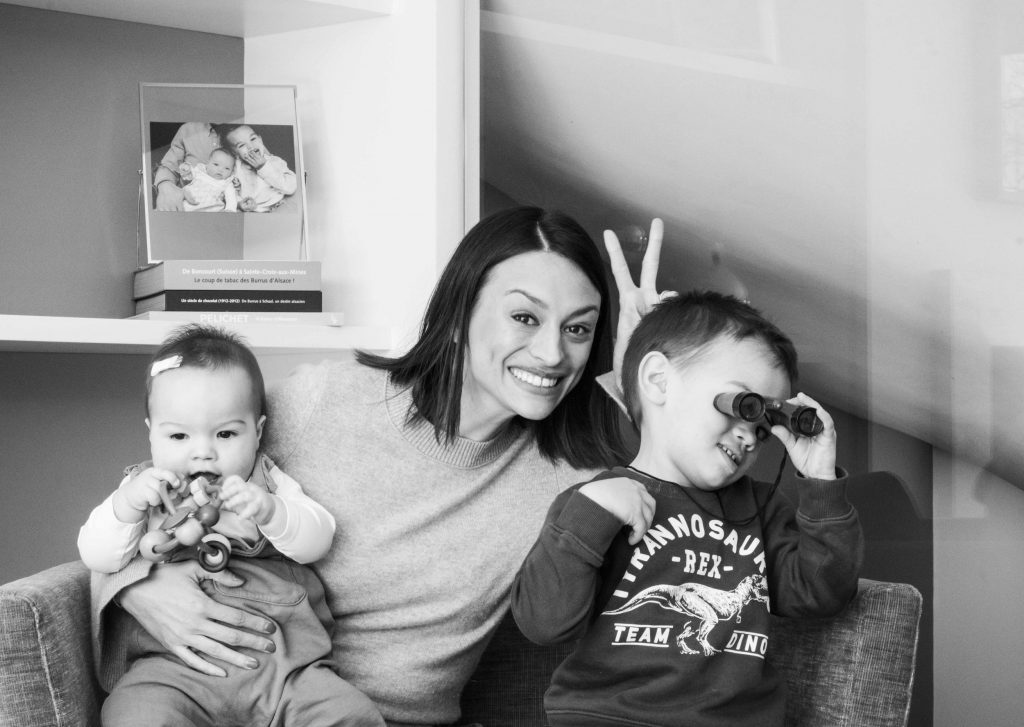
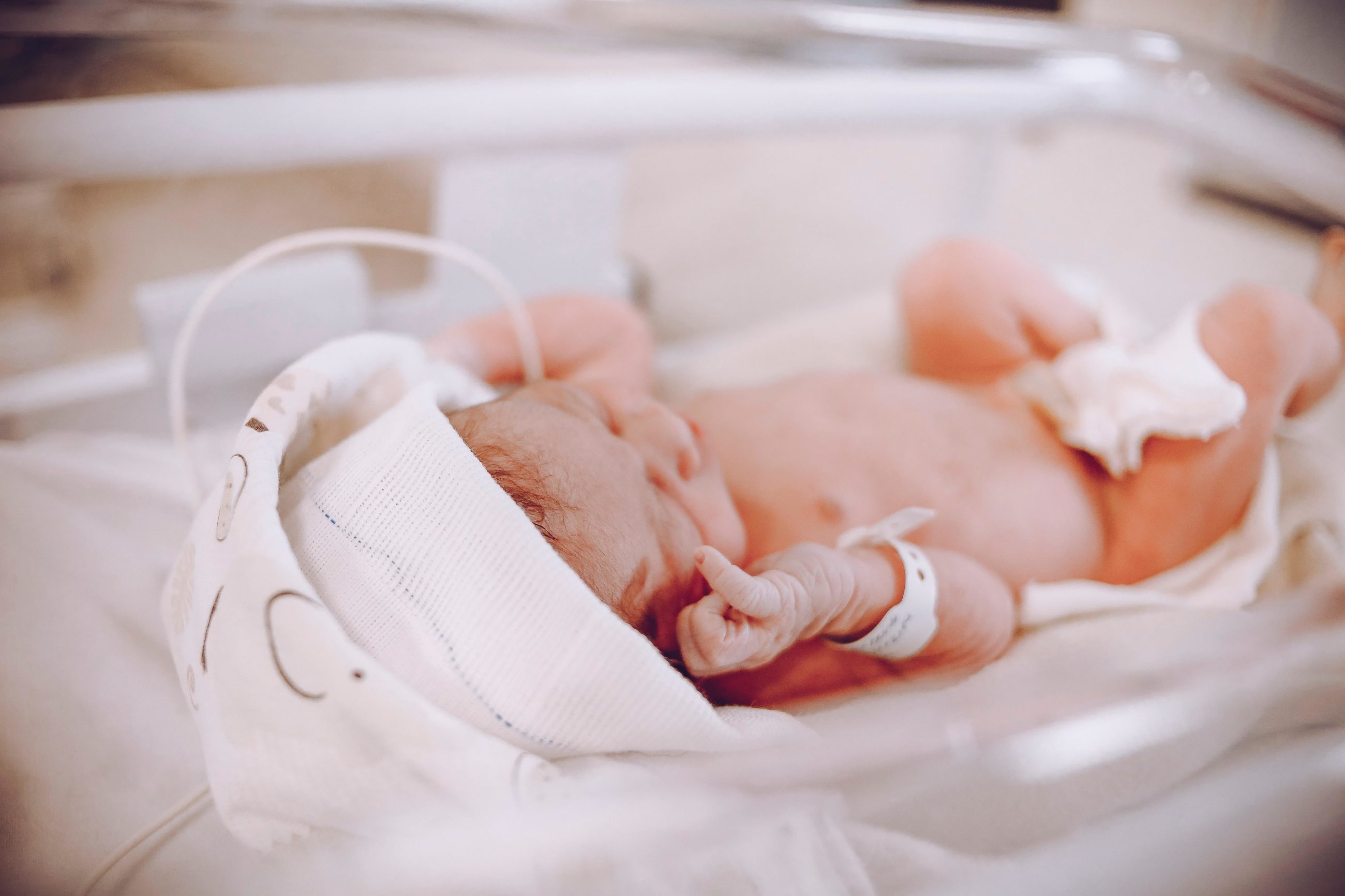
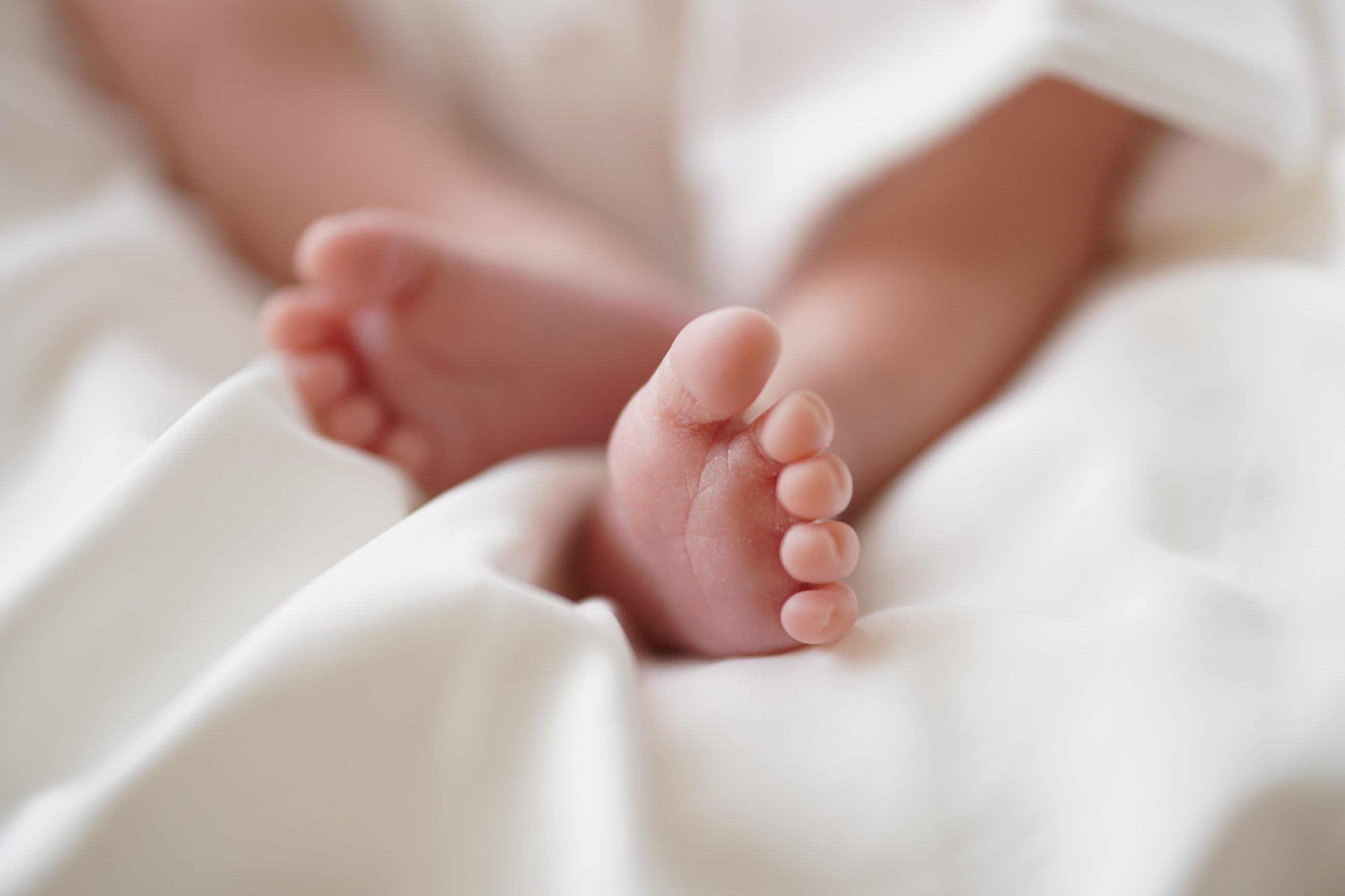
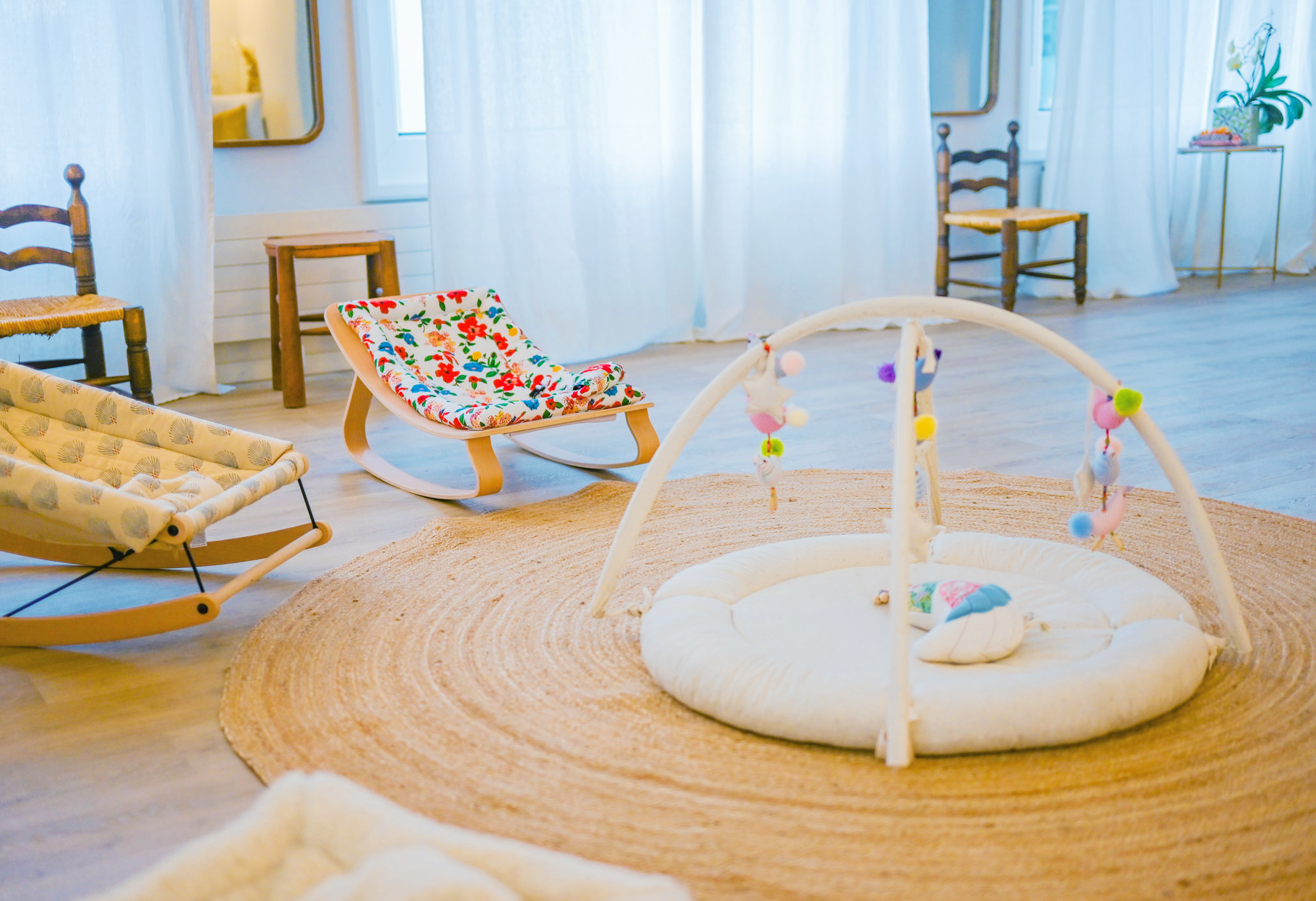
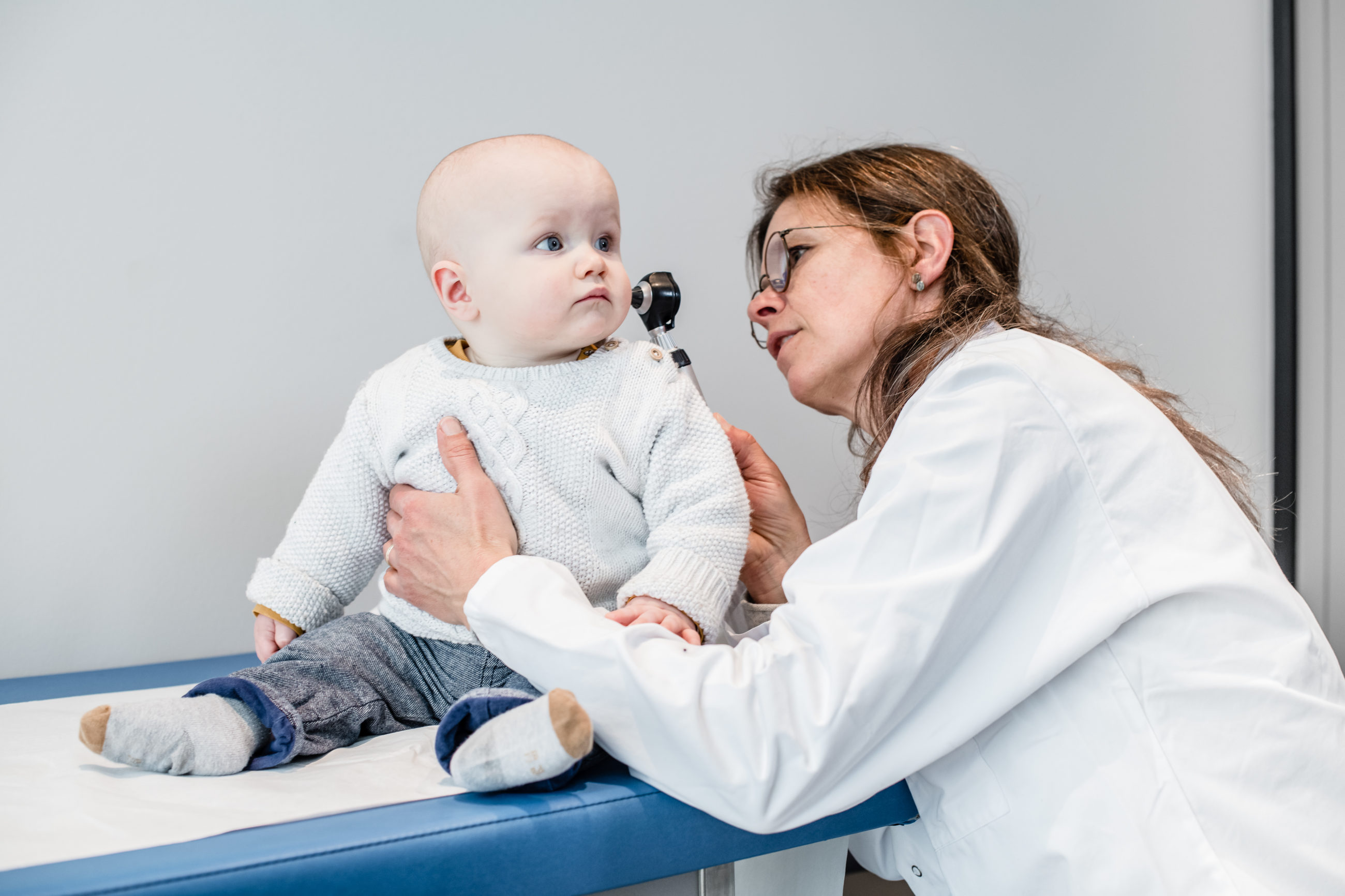
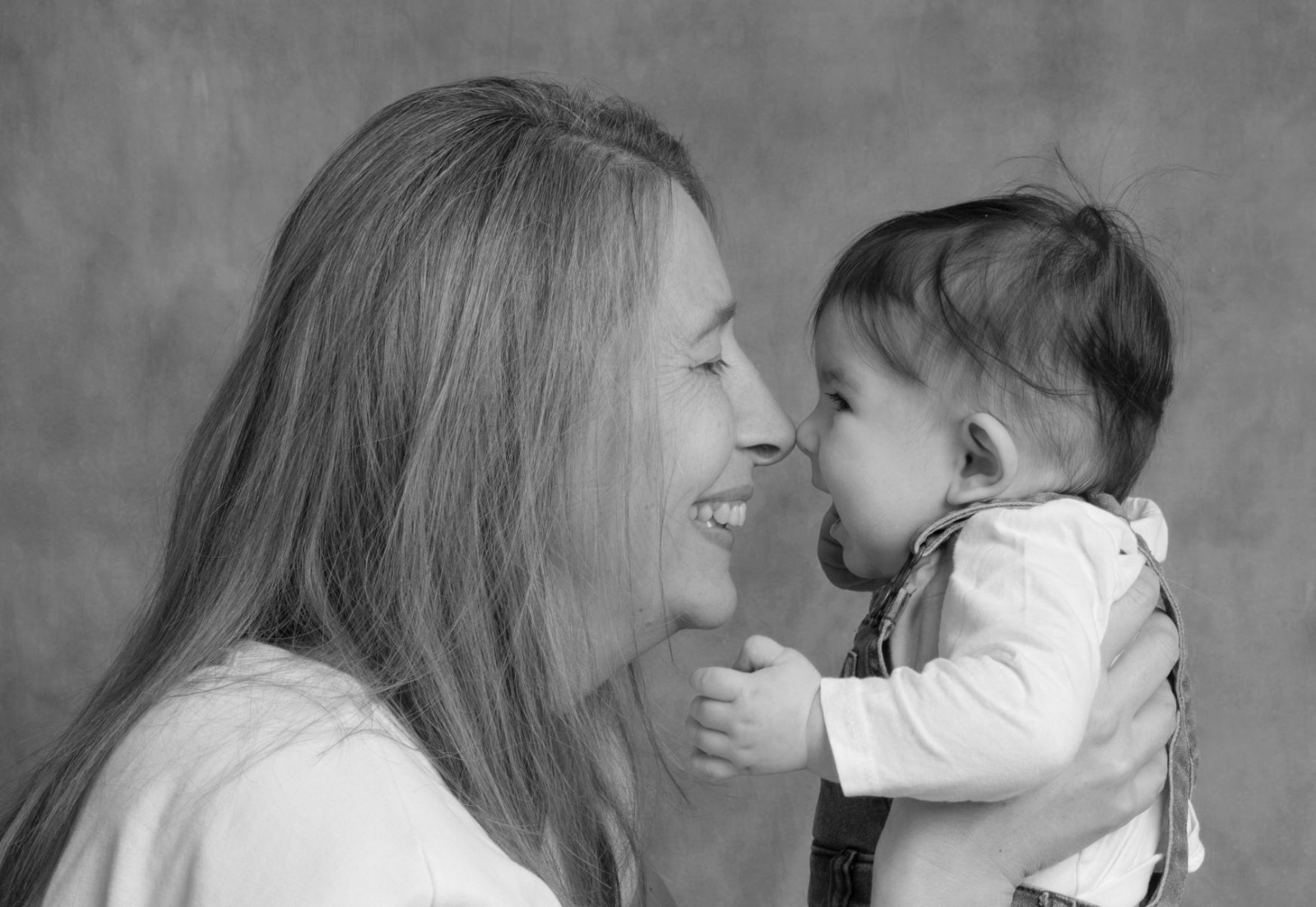
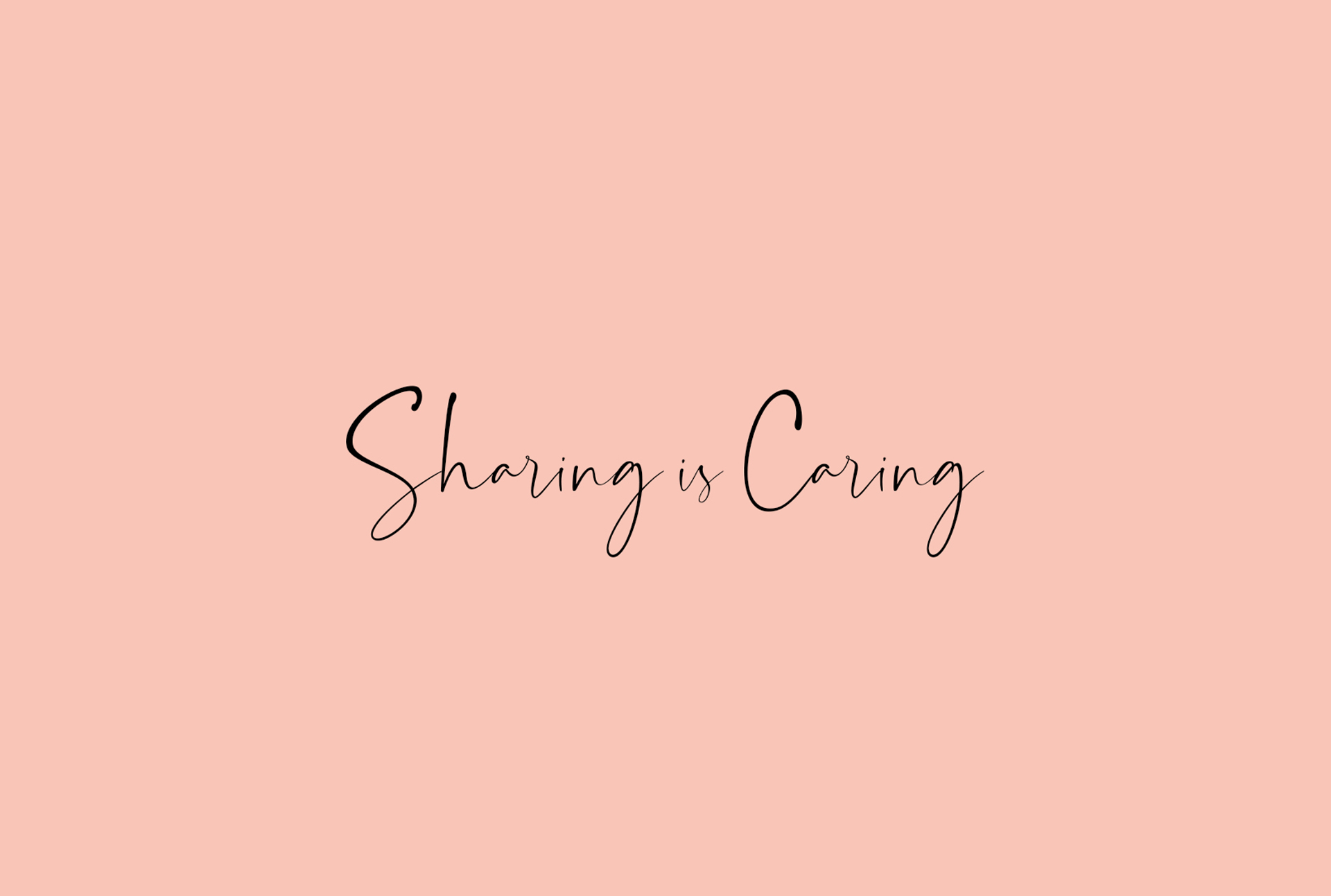
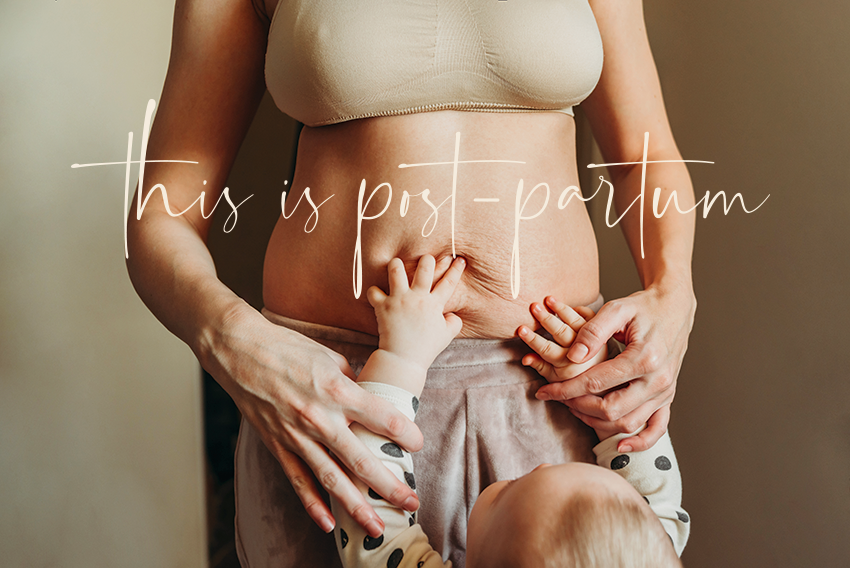

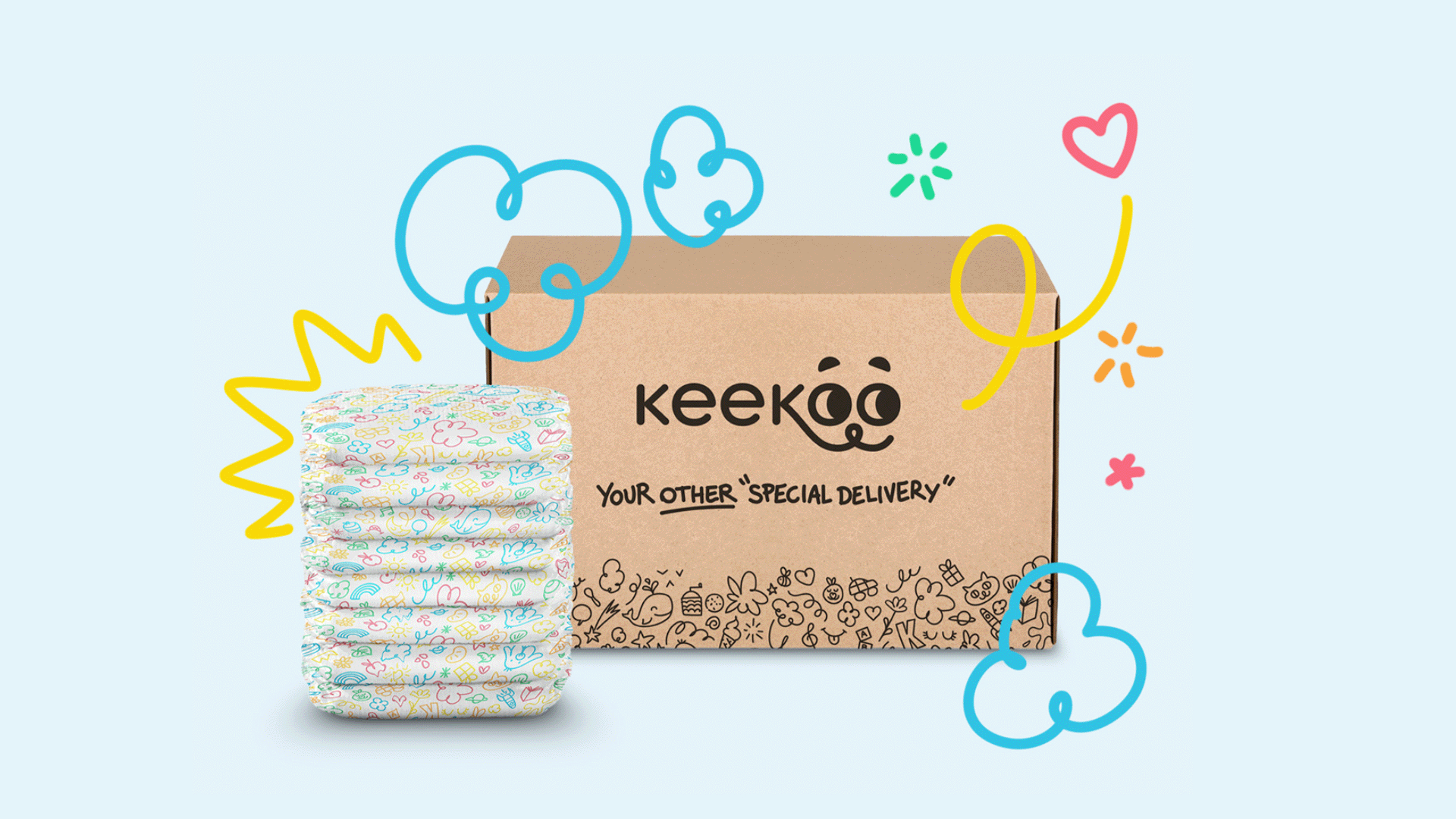
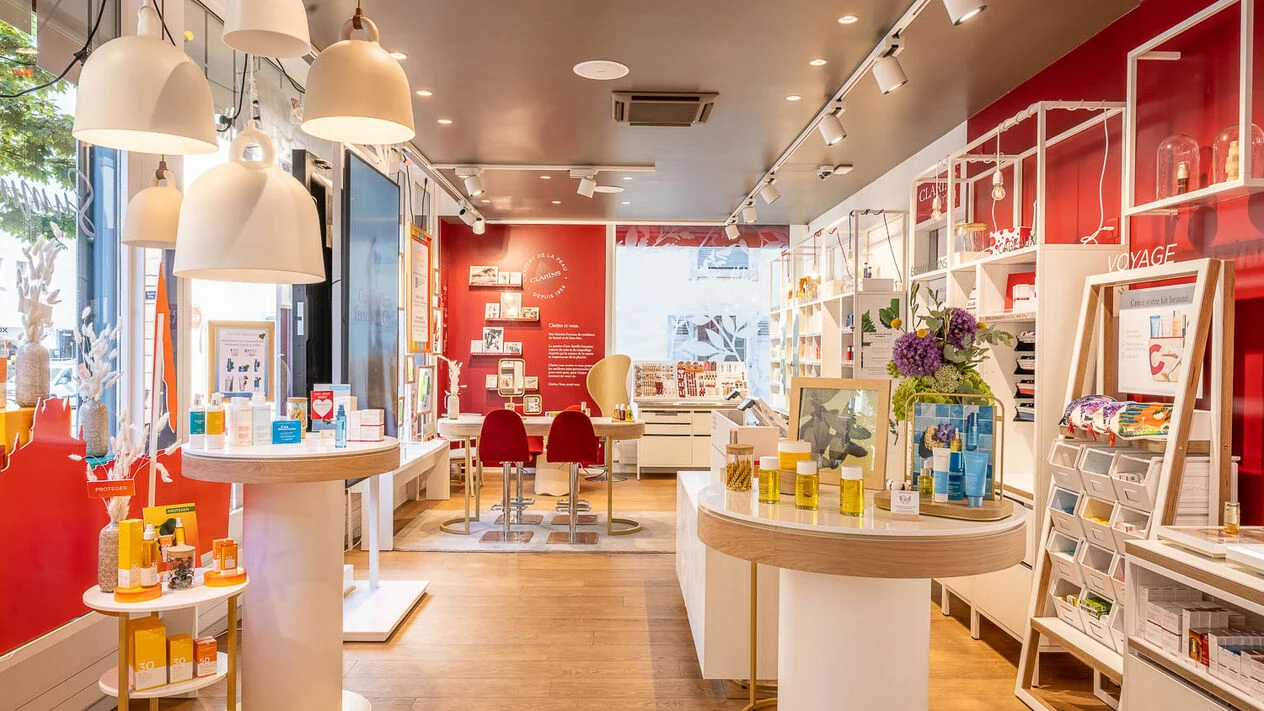
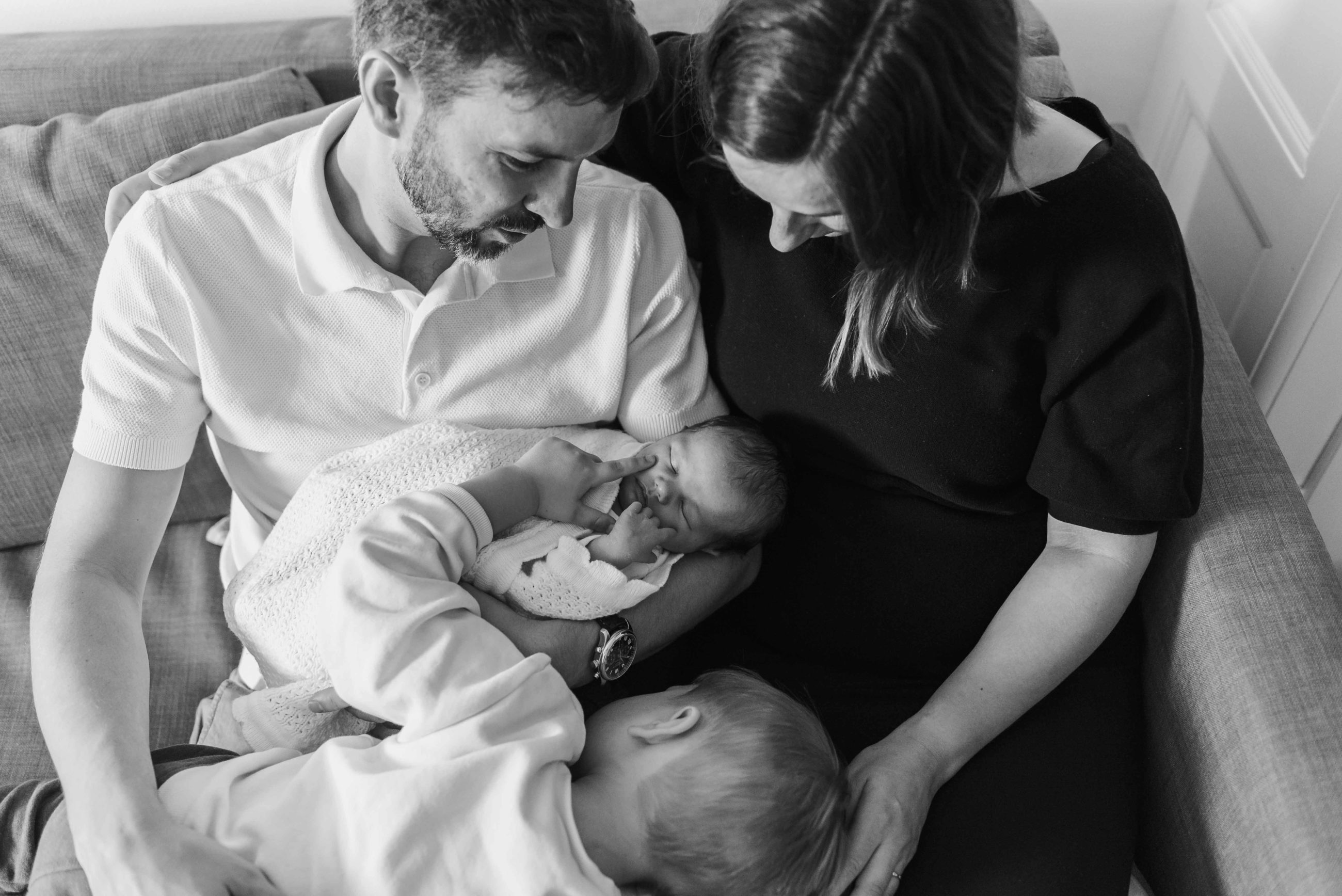
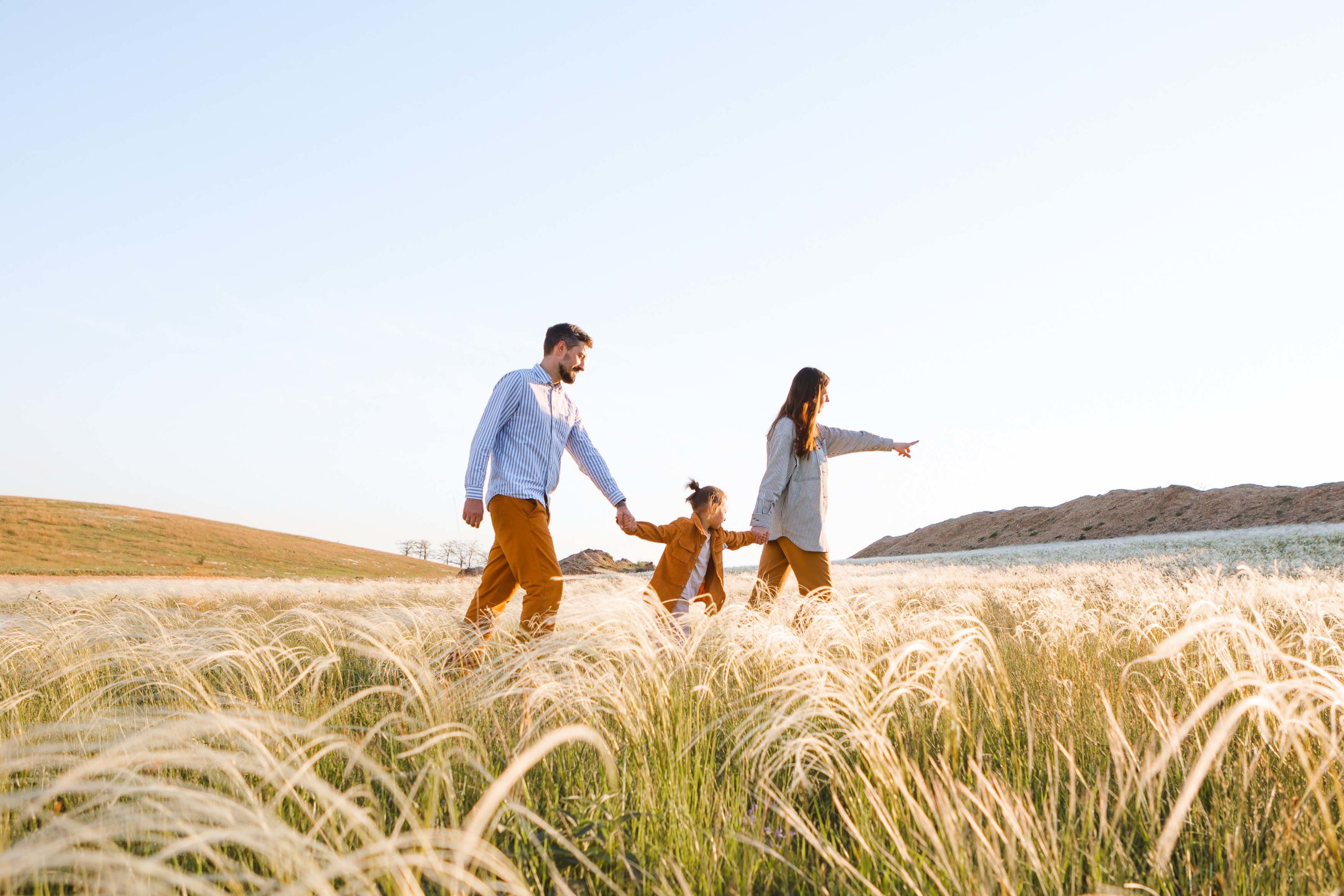
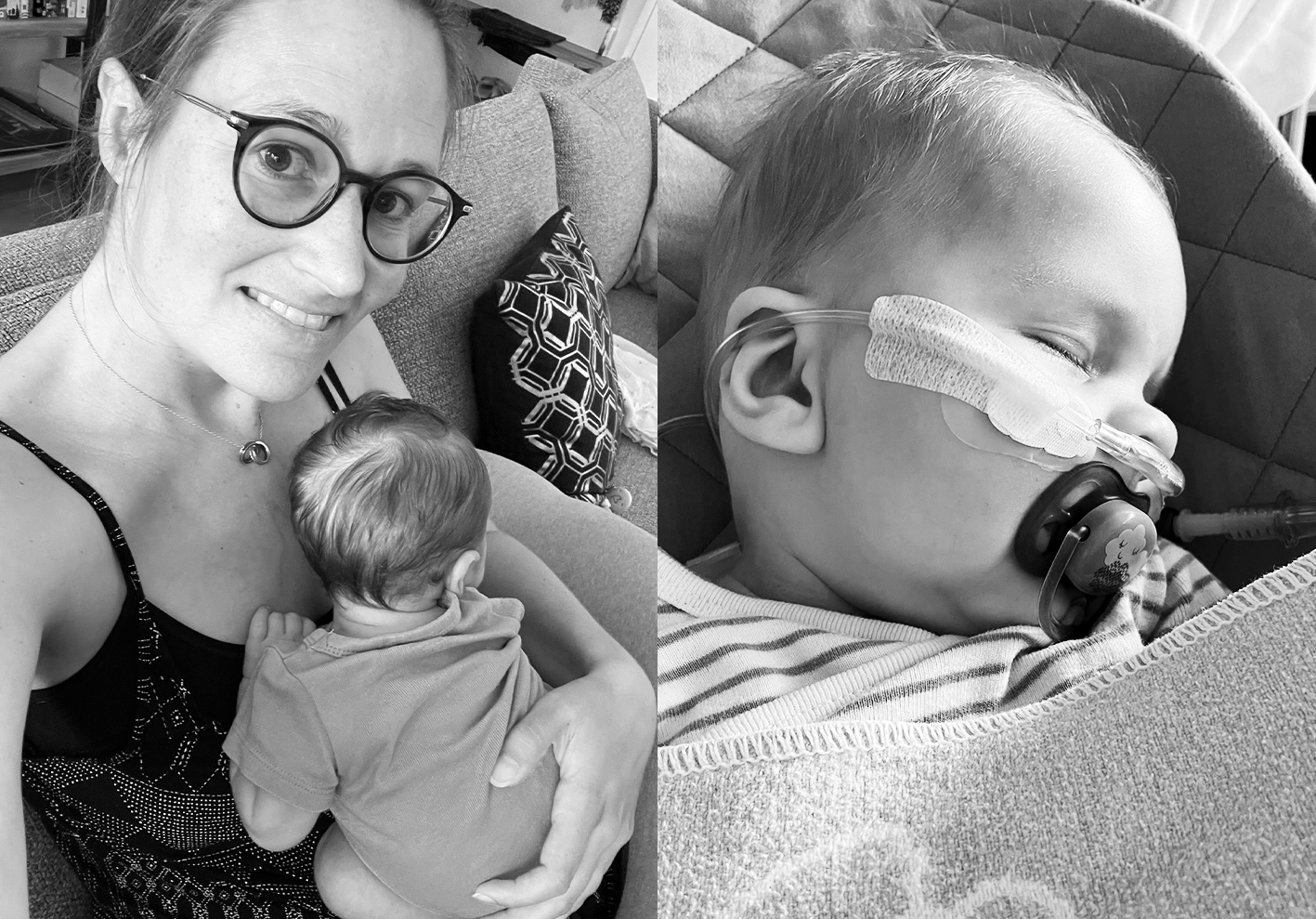


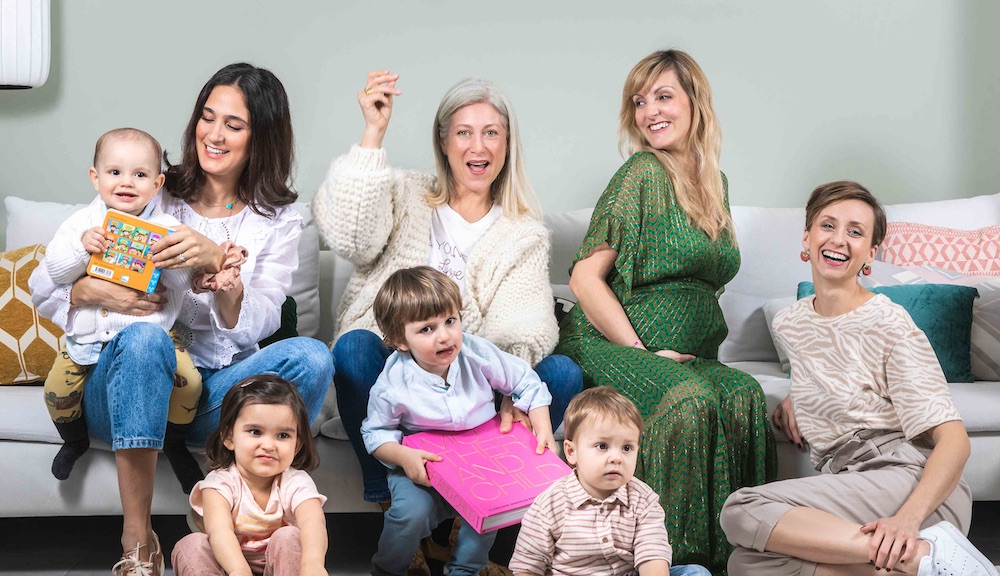


Partager cet article